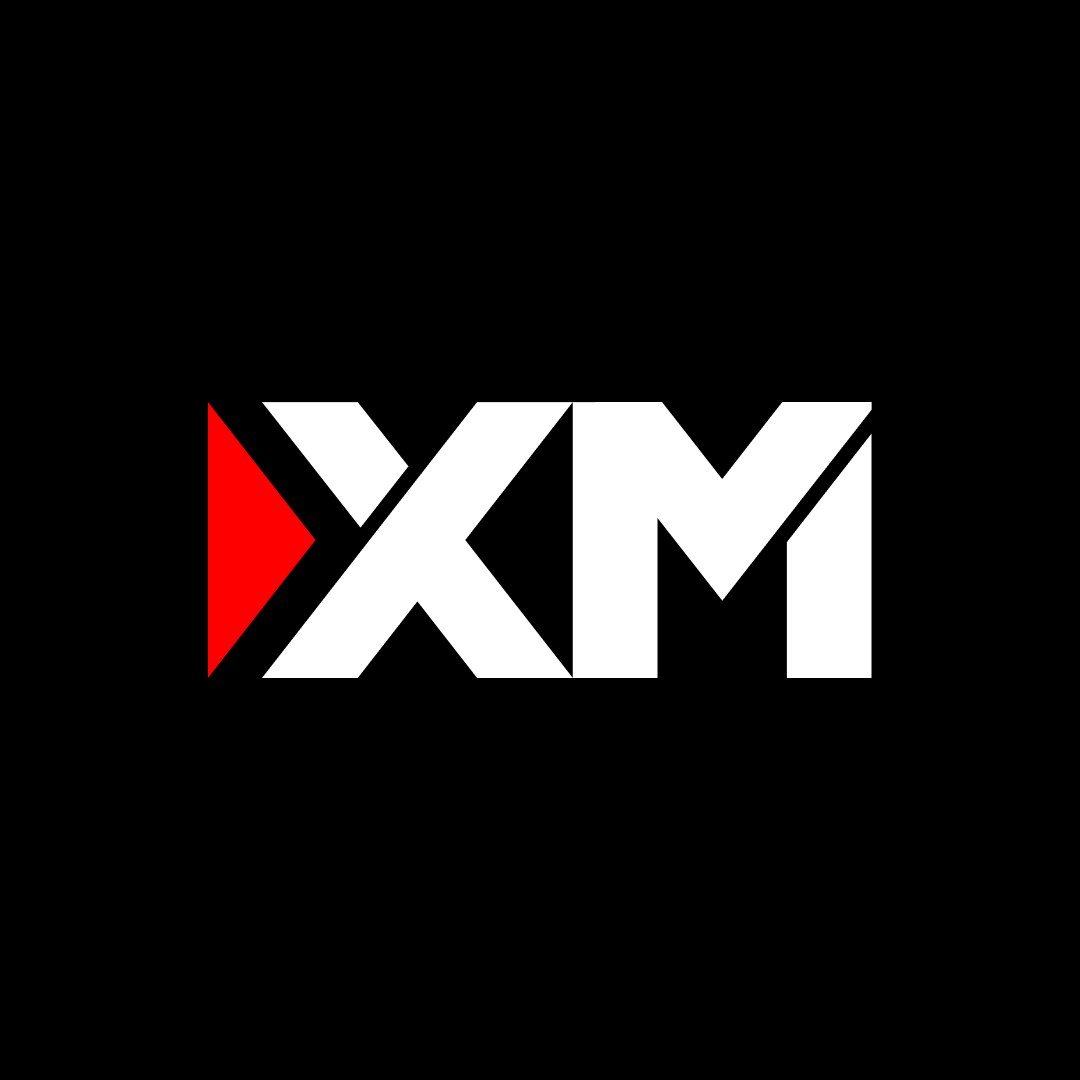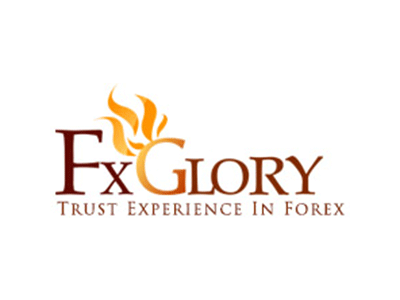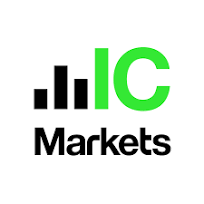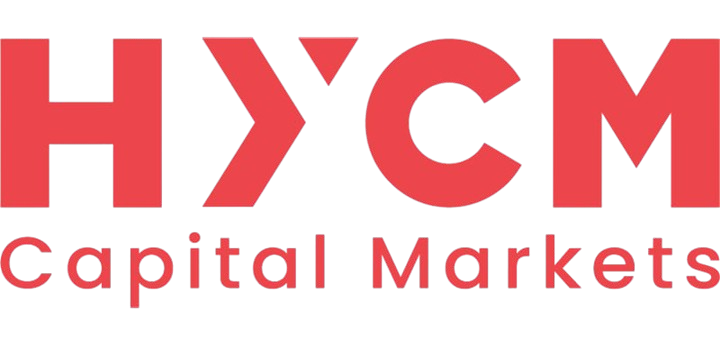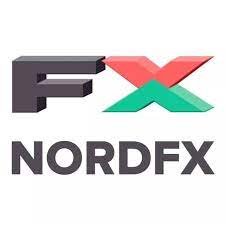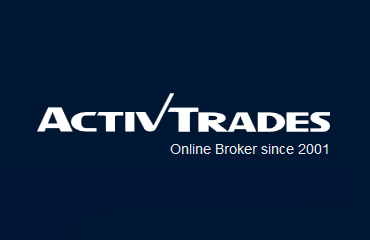What comes to mind when Switzerland is mentioned? For most people, banking, chocolate, and even the Alps will be the first thing that pops into their mind when talking about Switzerland. Aside from this, the country is well-known in Europe and even in Forex markets as a financial and banking hub.The stability and even financial success of the country have given Swiss Forex brokers in the country a great reputation. Not only will you find excellent trading conditions but you will also find transparent trading activities. Remember, the Swiss franc (CHF) is one of the major trading currencies in the world. Although there are adequate regulations to protect retail traders from fraud and extortion, this may not be sufficient especially when a Swiss citizen decides to choose an international brokerage firm.To get an idea of some of the best brokerage companies in Switzerland, go through the table below.
Best Forex Brokers in Switzerland
-

Competitive Spreads
-

Comprehensive Educational Resources
-

Robust Customer Support
-

Limited Deposit and Withdrawal Options
-

Occasional Platform Glitches
-

Limited Regulatory Oversight in Certain Regions
-
Specialized trading accounts
-
Free VPS hosting
-
24/7 instant money withdrawal
-

Competitive Spreads
-

Comprehensive Educational Resources
-

Robust Customer Support
-

Limited Deposit and Withdrawal Options
-

Occasional Platform Glitches
-

Limited Regulatory Oversight in Certain Regions
- Withdraw fee$0
- Deposit fee$0
- Max Leverage1:1000
-

Regulated by Top-tier Authorities
-

Low Spreads and Commissions
-

Popular Trading Platforms
-

Limited Asset Coverage
-

Platform Selection Limited
-
Specialized trading accounts
-
Free VPS hosting
-
24/7 instant money withdrawal
-

Regulated by Top-tier Authorities
-

Low Spreads and Commissions
-

Popular Trading Platforms
-

Limited Asset Coverage
-

Platform Selection Limited
- Withdraw fee$0
- Deposit fee$0
- Max Leverage1:888
-

High Leverage Options
-

Low Initial Deposit Requirements
-

Lack of Proper Regulation
-

Withdrawal Issues
-

Poor Customer Support
-
24/7 instant money withdrawal
-
Specialized trading accounts
-

High Leverage Options
-

Low Initial Deposit Requirements
-

Lack of Proper Regulation
-

Withdrawal Issues
-

Poor Customer Support
- Withdraw fee$0
- Deposit fee$0
- Max Leverage1:3000
-

Provides trading aids and resources such as risk depth, spread monitoring, and risk calculator.
-

Offers low average spreads and competitive pricing for all account types.
-

Provides plugins for third-party research and trading tools.
-

Limited product offerings.
-

No investor protection for traders outside the European Union.
-

No weekend trading, extra bonuses or promos.
-
Specialized trading accounts
-
Tight Spreads
-
Low commissions
-

Provides trading aids and resources such as risk depth, spread monitoring, and risk calculator.
-

Offers low average spreads and competitive pricing for all account types.
-

Provides plugins for third-party research and trading tools.
-

Limited product offerings.
-

No investor protection for traders outside the European Union.
-

No weekend trading, extra bonuses or promos.
- Withdraw fee$0
- Deposit fee$0
- Max Leverage1:500
-

Unlimited demo account: Both new and experienced traders can access the different HYCM demo accounts across the broker’s platform for as long as they like. This will help new players become better skilled and experienced players more familiar with the various trading environments on the platform.
-

Supports multiple languages: Another HYCM bonus is its earned regulatory approval in 140 countries. This strongly indicates the broker’s versatility. Depending on the traders’ nationality, anyone can enjoy full access to the trading platform in their preferred language.
-

Long-standing reputation: With over 40 years in the financial industry, HYMC stands tall as an industry leader that has stood the test of time. Its financial services have also improved over the years to increase the platform’s functionality and create an enjoyable trading experience.
-

Customer support is unavailable during weekends: Since the broker offers financial services for some trading instruments that operate 24/7, customer support must be available round the clock. However, HYMC’s customer support services across all platforms are only available on weekdays. This means traders have to wait till weekdays to access customer support if the need arises on weekends.
-
24/7 instant money withdrawal
-

Unlimited demo account: Both new and experienced traders can access the different HYCM demo accounts across the broker’s platform for as long as they like. This will help new players become better skilled and experienced players more familiar with the various trading environments on the platform.
-

Supports multiple languages: Another HYCM bonus is its earned regulatory approval in 140 countries. This strongly indicates the broker’s versatility. Depending on the traders’ nationality, anyone can enjoy full access to the trading platform in their preferred language.
-

Long-standing reputation: With over 40 years in the financial industry, HYMC stands tall as an industry leader that has stood the test of time. Its financial services have also improved over the years to increase the platform’s functionality and create an enjoyable trading experience.
-

Customer support is unavailable during weekends: Since the broker offers financial services for some trading instruments that operate 24/7, customer support must be available round the clock. However, HYMC’s customer support services across all platforms are only available on weekdays. This means traders have to wait till weekdays to access customer support if the need arises on weekends.
- Withdraw feeNo
- Deposit feeNo
- Max Leverage1:400
-

Top-Tier Regulation
-

Low Forex Fees
-

No Withdrawal Fees
-

High Stock CFD Fees
-

Limited Product Portfolio
-

User Interface Could Be More Intuitive
-
Specialized trading accounts
-
24/7 instant money withdrawal
-

Top-Tier Regulation
-

Low Forex Fees
-

No Withdrawal Fees
-

High Stock CFD Fees
-

Limited Product Portfolio
-

User Interface Could Be More Intuitive
- Withdraw fee$0
- Deposit fee$0
- Max Leverage1:50
-

Regulated by multiple authorities
-

Offers a wide range of assets, including cryptocurrencies, stocks, indexes, metals and oil
-

Multiple trading platforms are available, including MetaTrader 4, MetaTrader 5 and MetaTrader 5 web
-

Limited educational resources for beginners
-

Limited research tools
-

Limited customer support options compared to some other brokers
-
Free VPS hosting
-
Specialized trading accounts
-
24/7 instant money withdrawal
-

Regulated by multiple authorities
-

Offers a wide range of assets, including cryptocurrencies, stocks, indexes, metals and oil
-

Multiple trading platforms are available, including MetaTrader 4, MetaTrader 5 and MetaTrader 5 web
-

Limited educational resources for beginners
-

Limited research tools
-

Limited customer support options compared to some other brokers
- Withdraw fee$0
- Deposit fee$0
- Max Leverage1:1000
-

No obligation demo accounts with US$50,000 of virtual funds to practice with
-

24/5 Customer support available
-

Multilingual support in 14 languages
-

Limited trading platform options
-

Limited trading instruments
-

Only forex and CFD trading
-
24/7 instant money withdrawal
-
Free VPS hosting
-
Specialized trading accounts
-

No obligation demo accounts with US$50,000 of virtual funds to practice with
-

24/5 Customer support available
-

Multilingual support in 14 languages
-

Limited trading platform options
-

Limited trading instruments
-

Only forex and CFD trading
- Withdraw feeN/A
- Deposit feeN/A
- Max LeverageN/A
-

Solid Regulatory Oversight
-

Fast Execution Speeds
-

Innovative Trading Tools
-

Limited Asset Range
-

Commissions and Fees
-

Mixed Customer Support Reviews
-
Specialized trading accounts
-

Solid Regulatory Oversight
-

Fast Execution Speeds
-

Innovative Trading Tools
-

Limited Asset Range
-

Commissions and Fees
-

Mixed Customer Support Reviews
- Withdraw fee0$
- Deposit fee0$
- Max Leverage1:400 (1:30 for EU)
-

Excellent customer support with 24/7 availability
-

Competitive spreads and fast execution speeds
-

Comprehensive educational resources including webinars and video tutorials
-

Limited range of tradable assets compared to some competitors
-

Higher minimum deposit for certain account types
-

No proprietary mobile app (relies on MT4/cTrader mobile)
-
Free VPS hosting
-
Specialized trading accounts
-

Excellent customer support with 24/7 availability
-

Competitive spreads and fast execution speeds
-

Comprehensive educational resources including webinars and video tutorials
-

Limited range of tradable assets compared to some competitors
-

Higher minimum deposit for certain account types
-

No proprietary mobile app (relies on MT4/cTrader mobile)
- Withdraw fee$0
- Deposit fee$0
- Max Leverage1:500
A brief history of trading in Switzerland

Currency trading was a rather lax activity in Switzerland before 2008. Before this, there were few regulatory objectives concerning the trading of currencies in the country. Most of the laws and regulations during this period were meant to curb money laundering when changing currencies. As a result, there were more than 200 forex brokers who were operating in the country. It is common sense that not all these forex brokers could be trusted with funds from their clients. In a bid to protect the clients from unscrupulous Forex brokers, the regulating authority of financial services in the country decided that Forex brokers would also need banking licenses before they are allowed to operate.
On March 31, following the 2008 recession and the need to protect clients from unsafe forex brokers, the Swiss financial market supervisory authority sought to have forex brokers meet the same requirements as that of a bank. The banking industry is often the most regulated sector in most economies and this move resulted in only two forex brokerage companies remaining in the country at the time. A key point to note is that Switzerland is known for its stable financial institutions which arose due to the stringent rules and compulsory self-regulation.
Forex regulation in Switzerland

One of the major ways through which regulations in Swiss differ from FX regulations in other countries is the amount of freedom that both Swiss brokers and traders are accorded in the country. The country views its traders as both experienced and mature. Due to this, there are limited restrictions that are to be imposed on the traders and even the brokers. Leverage, for example, is a really important tool that traders can use to increase their profits. If not used well, however, leverage can also magnify the losses that traders get especially if they do not have the knowledge and skills to use the instrument well.
Unlike other jurisdictions with mature regulatory frameworks, Switzerland does not set a cap on the amount of leverage that forex brokerage companies can set. Also, the regulatory authority does not bar traders and brokers from engaging in credit card funding or imposing other minor restrictions. As a result, brokerage companies can easily set the terms that they consider appropriate for their clients. Although many countries all over the world have stringent FX regulations, their enforcement mechanisms will determine whether these regulations are ultimately effective. In the case of Switzerland, there are both internal and external audits that are mandatory for financial institutions. Since Forex brokerage companies are treated as banks, they also have to carry out these internal and external audits.
The FX firms must carry out an internal audit. To ensure the credibility of these internal audits, the process is delegated to subordinates who report directly to the company’s board of directors. Since the report will be sent directly to the board and not to the executive management, there can be some sense of authenticity. Also, there needs to be a distinction between the board of directors and the senior management with the former expected to be independent. In the case of external audits, banks, and forex firms have to get an external auditor who will have two primary functions. The external auditors will first audit the financial statements of the business in compliance with the statutory rules of the country. Secondly, they will also conduct an audit in a bid to ensure that the firms comply with the regulations and the banking rules of Switzerland. To ensure there is independence and credibility, any external audit reports made by external auditors will be sent directly to FINMA (Swiss Financial Market Supervisory Authority). Any observations and even deductions that the auditors make are presented before the regulatory authority to ensure that the body has an understanding of the financial institutions.
Monitoring and Regulation of Brokerage companies by FINMA
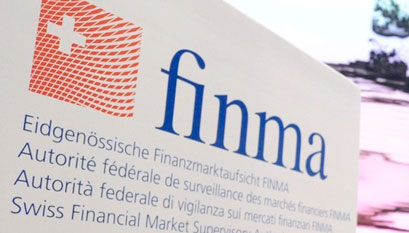
There are a couple of measures that the regulatory authority takes to ensure forex firms and even banks are in compliance with the rules. One of the key enforcement mechanisms that they use is proposing a change of management. For example, if a brokerage firm does not have competent people to run its affairs, the body may require it to change the whole management or even ban certain individuals from becoming managers. FINMA can also impose some risk compliance activities in a bid to ensure that the client’s funds in the firm are safe. In cases where a forex brokerage company violates the forex regulations, the regulatory authority may choose to halt all the financial operations of the firm or require a change in shareholder composition.
Another key enforcement and regulation measure taken by FINMA involves mandatory disclosure requirements. Traders eventually need to know and understand the financial position of their forex brokers to ascertain their financial stability. After all, who would want to trade or invest with a company that is facing financial squabbles? For this reason, clients should have access to some level of reliable financial information that has been duly audited and authenticated (check FINMA Regulated Forex brokers ). Swiss banks are mandated to publish a couple of reports to their clients. First, they need to report an annual report after every financial year but before the completion of 4 months. Furthermore, each bank also needs to publish its income statement and even balance sheet every half-year. Since forex companies need to meet the same legal and operational thresholds as Banks, they are also required to comply with these regulations. The high level of transparency among these companies makes it easier for Swiss traders to evaluate the best or the safest Swiss forex brokers in the country.
While the above enforcement and regulations guarantee some level of safety on the part of the traders, they do not offer any guarantee that there will be no incident that happens. The only thing that can guarantee forex traders’ safety against bankruptcies is the depositor scheme set up by the Swiss government. Bank and even forex deposits in Switzerland are guaranteed against bankruptcy to the tune of CHF 100,000. This rate is insured for each client in every bank.
How to Choose a Swiss Forex Broker
Trading platform
An important consideration for most traders is the type of trading platform that their forex broker supports. As a trader, you will interact with the trading platforms on several occasions and it is important to ensure it has a great user interface. A good trading platform will have a variety of features including charting tools, forex data, and even financial news that affects the financial markets. Some of the good trading platforms include MetaTrader4, Webtrader, and even Mobile Trader.
Financial stability
No one wants to invest in a failing brokerage company and the Swiss government has made stringent regulations to ensure that forex traders know the financial health and position of their brokerage firm. According to the rules set by FINMA, brokerage firms are expected to publish their financial information on an annual basis. Since brokers need to publish and audit their financial statements, traders can rely on this information to make informed decisions.
Customer support
You will have to interact with the customer support of your fore broker and this may make a big difference in whether you will make a profit or a loss. For example, you are likely to lose funds if a trading platform takes time to execute a trade. What should you consider when choosing a forex broker with good customer service? You need a polite and even polite customer representative who will always be there to attend to your needs at any time. The forex broker should also have several communication channels which may include live chats, phone numbers, instant email, or even online contact forms.
Popular Forex brokers in Switzerland
Dukascopy
It offers direct access to the foreign exchange marketplace. One of the primary benefits of the marketplace is that the FX broker offers the biggest pool of ECN forex liquidity. The brokerage firms cater to hedge funds, institutions, banks, and other retail investors. It is FINMA regulated and also has a European branch which is EU licensed and wholly owned by Dukascopy Bank SA.
Swissquote Bank
This is one of the popular forex brokerage firms in Switzerland. Swissquote Bank is regulated by two regulatory authorities including the Financial Conduct Authority of the UK and the Swiss Financial Market Supervisory Authority (FINMA). The minimum deposit for this forex broker is 2,000 Euros with leverage of 500:1. It also offers several trading platforms which include
- MetaTrader4
- Advanced trader
- Web-based trader
- Mobile-based trading
Unfortunately, it does not offer a free demo account and also rejects US clients due to the stringent regulations imposed.


